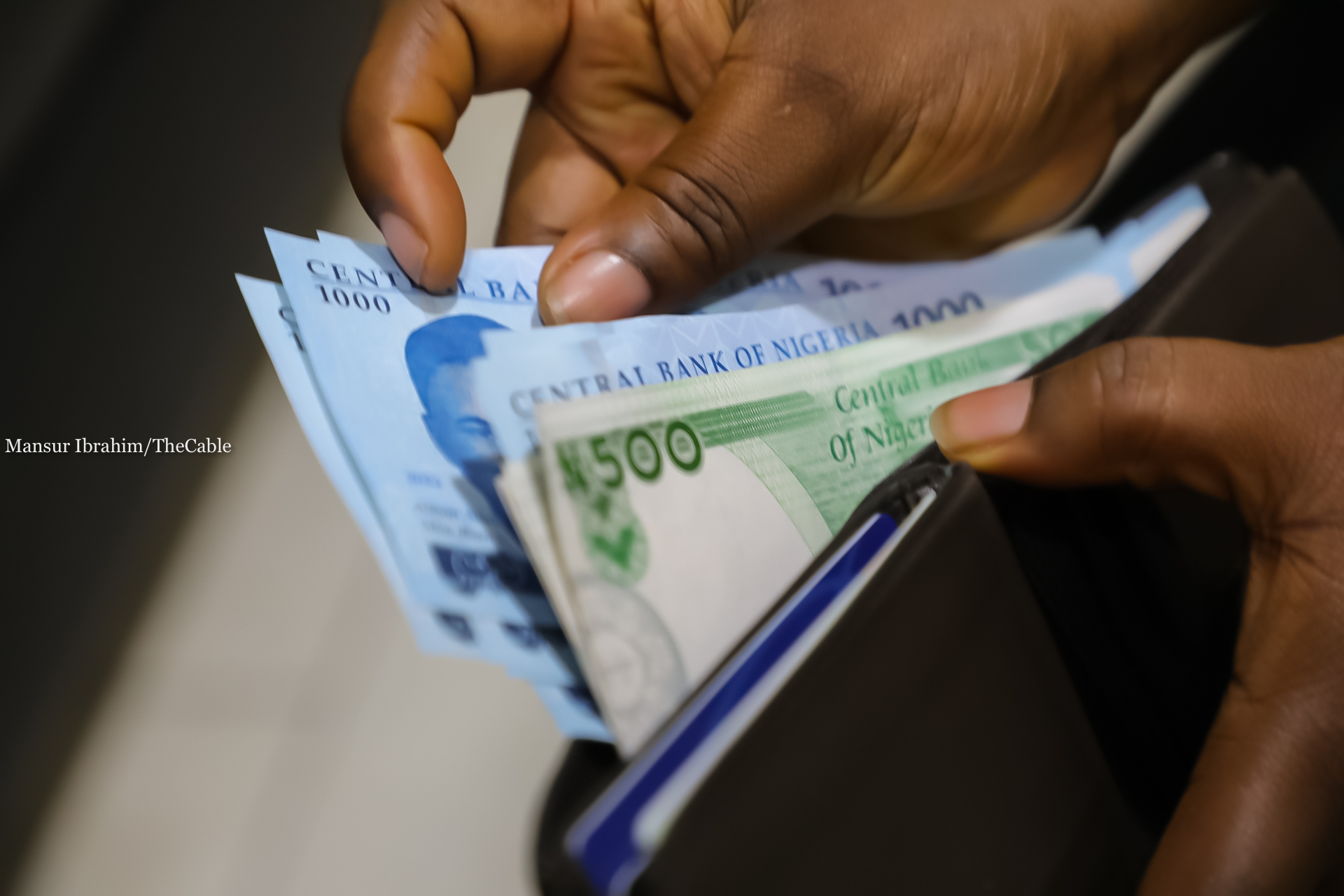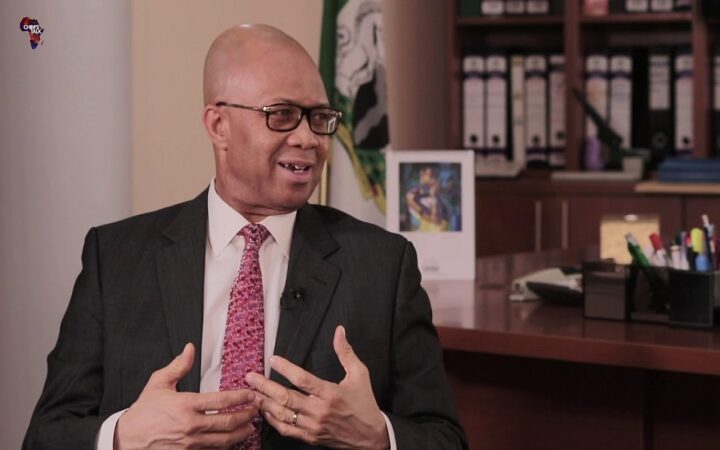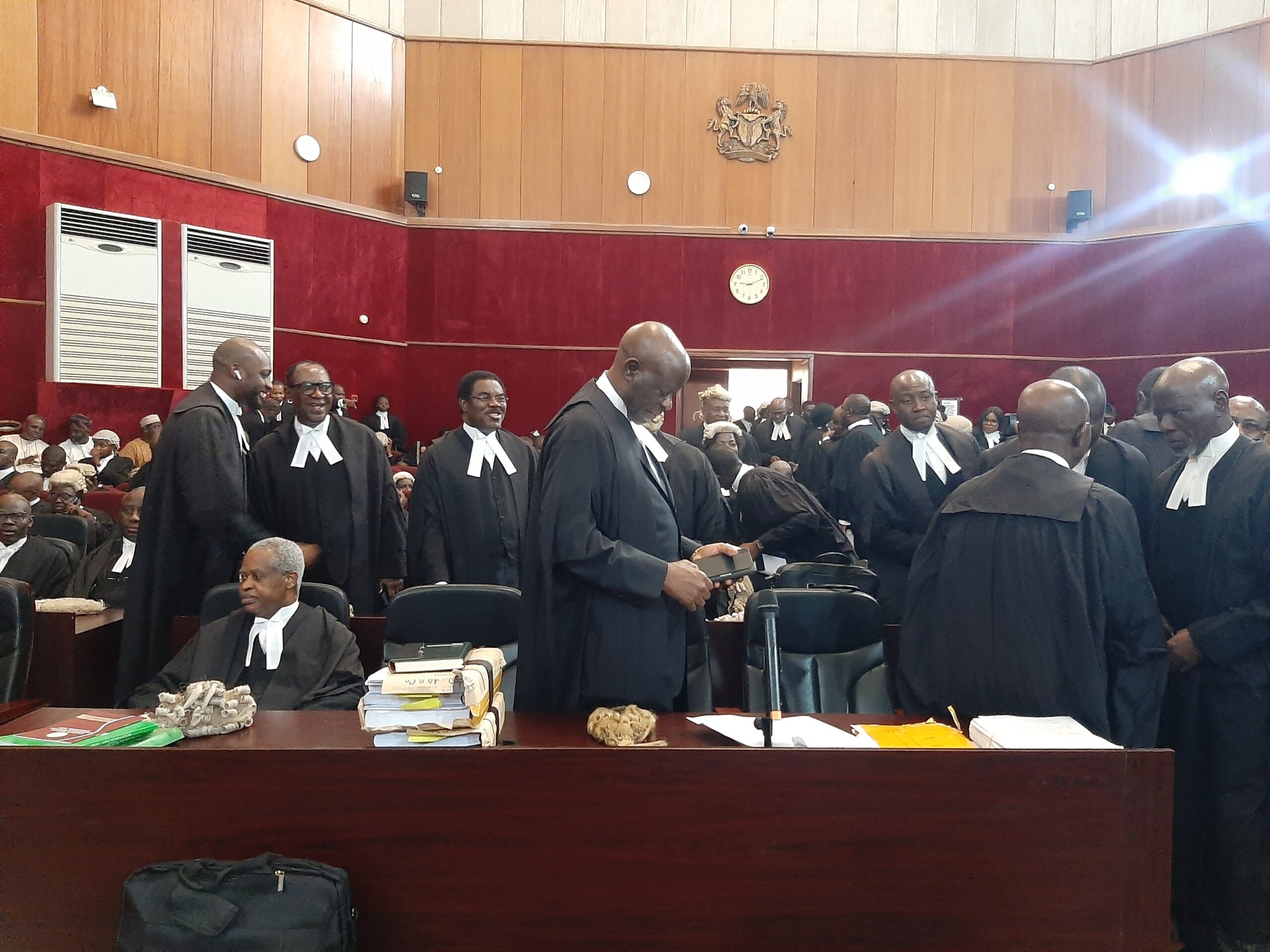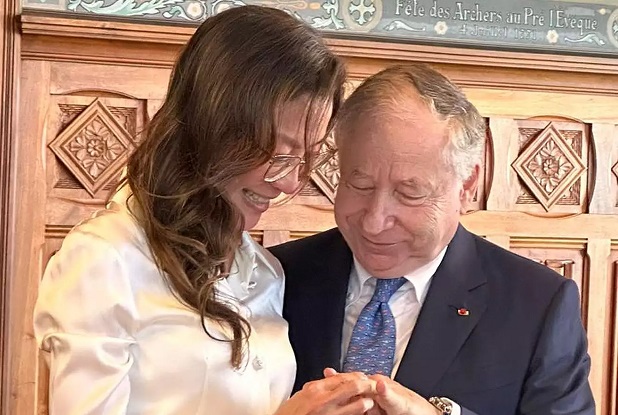The Economist Intelligence Unit (EIU) predicted Atiku Abubakar of the Peoples Democratic Party (PDP) as the winner of Nigeria’s 2019 presidential election. The results turned out differently and they were wrong. Muhammadu Buhari of the All Progressives Congress (APC) won.
Before the 2023 election JP Morgan Chase & Co, an American multinational financial services firm, put a bearish outlook on Nigeria. The bank advised investors to be careful about investments in the country. A few days after the presidential election, they closed that position, claiming the risk of problems in Nigeria was easing. They too, were wrong.
Unfortunately, the stories do not end there; both EIU and JP Morgan have also been right about Nigeria in the past. Now, both teams have made predictions about the naira and the Nigerian economy.
EIU, in a July report, said the Central Bank of Nigeria (CBN) does not have the experience to manage naira float. The research arm of The Economist Group said the naira will trade at an average of “N815 to US$1 in 2024” and will further decline to “N1,018 to US$1 by the end of 2027”.
Advertisement
JP Morgan, on the flip side, is betting that the naira will appreciate and settle at 600 to the dollar. “While it will take a few days for USD/NGN spot to settle, we fully expect an initial overshoot towards the parallel market rate of -750 or higher, after which, we expect USD/NGN to settle in the high 600s over [the] coming months,” the investment bank said after the float was announced in June.
It is easy to say that they have been wrong in the past and they will be wrong again. As many Nigerians like to say: “Wetin consign dem? God pass dem”. These statements signal the pride many Nigerians take in the country’s unpredictability, especially by the West. Sadly, Nigeria can be predicted more often than Nigerians would agree.
WHO WILL BE WRONG ABOUT NIGERIA?
JP Morgan and EIU cannot be both right, one will be wrong and the other will be right — the naira can only appreciate or depreciate. There is no third option. The naira closed the month of July at N756.94 to the greenback at the Investors and Exporters (I&E) window. The local currency traded at a high of N830 to the dollar and a low of N651. The weighted average quoted by the CBN put the currency at N757.5 to a single dollar.
Advertisement
Going by these numbers, JP Morgan seems right today: it said the naira will record an “initial overshoot to 750/$1 or higher” before settling at N600 in the coming months. Right now, the naira has depreciated to the predicted “750 or higher” and could appreciate in August, September.
We can also say EIU is right, the naira is on the journey to the predicted average of N815 to the dollar. But both parties cannot be right for long.
As a Nigerian with interests in Nigeria, it would be great to see the naira settle at N600 to the dollar. It will be sad to see the local currency hit the dreaded N1,000 to a dollar as EIU predicts for later years. However, for the upside to be the case, liquidity must be guaranteed.
WHO GUARANTEES LIQUIDITY?
Basic economics teaches that for a country to succeed financially, monetary and fiscal policies must be coordinated to achieve certain goals. In the very recent past, it was a battle of the Ministry of Finance vs the CBN — so coordination was almost impossible. In the Bola Tinubu administration, we do not yet have a minister of finance — more than 60 days after the president was sworn in.
Advertisement
So the market calls the shots where fiscal policies and guidance are missing. As of Monday evening, the gap between the I&E window and the parallel market was over N100 on every dollar, signalling a return to the old order.
This is scary for investors and exporters; returning to the past is not an option. Investors and exporters play the biggest role in keeping liquidity flowing in the system. If they remain scared, then we may be on our way to EIU’s prediction or even worse.
Some may argue that Tinubu’s speech yesterday gives an idea of what monetary policy will look like, but the speech does not answer the questions about liquidity in the forex market. The CBN on its end claims the volatility in the forex market is due to “pent-up demand” for the dollar, which is expected to ease soon.
Without urgent efforts to address the issues defining liquidity flow and assuring investors, EIU will be right about Nigeria and its local currency. They accurately predicted Tinubu’s victory six months before the polls opened, they may be right about his government’s monetary policies — if great care is not taken.
Advertisement
Who do you think will be wrong about Nigeria?
You can reach ‘Mayowa on Twitter @OluwamayowaTJ
Advertisement







